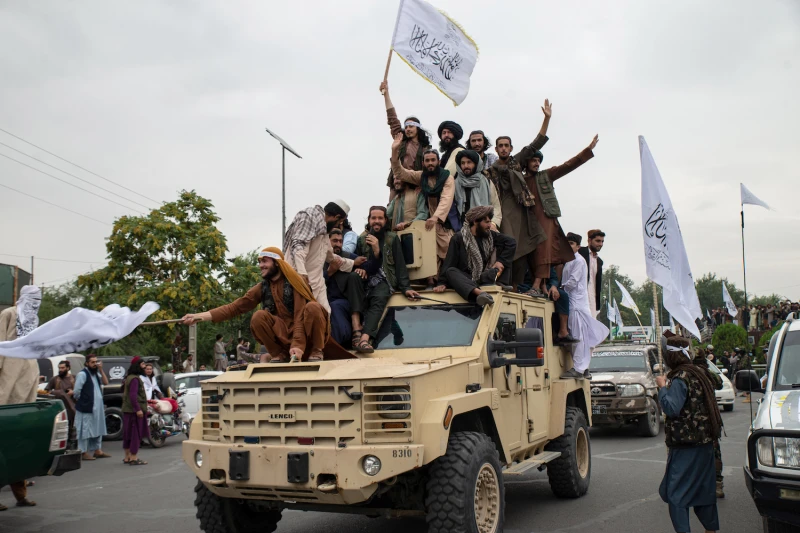Taliban leader orders Sharia law punishments in Afghanistan
Taliban leader Haibatullah Akhundzada has directed Afghan courts to implement punishments for specific offences, including public amputations and stoning. According to his spokesman, crimes like robbery, kidnapping, and sedition must be punished in accordance with the group’s understanding of Islamic Sharia law. The Taliban were chastised for such penalties, which included public executions when they were in control in the 1990s.
When they retook power last year, they pledged to govern more moderately. However, the radical Islamist group has increasingly reduced freedoms since then. Women’s rights have been severely curtailed in particular. The Taliban’s supreme leader stated that judges must punish convicts in accordance with Sharia law if the crime committed violates those regulations.
Late on Sunday, Taliban spokesman Zabihullah Mujahid tweeted that the “obligatory” directive came after Mullah Akhundzada met with a group of judges. “Carefully check the files of thieves, kidnappers, and seditionists,” Akhundzada was cited as saying by Mujahid. The Taliban has not defined the exact offences and punishments, but one religious official in Afghanistan told the BBC that under Sharia law, penalties might include amputations, public lashings, and stoning.
The directive is the latest proof that the Taliban is toughening up on human rights and liberties. They barred women from entering all parks in Kabul last week, further barring them from public life. It has recently been revealed that the ban extended to women accessing public pools and gyms in the city, but the latter drew comparatively few women.
Under Taliban laws on gender segregation, entry to parks, baths, and gyms was already restricted. According to the group, Islamic regulations were not being respected. In the face of the Taliban’s assault in the summer of 2021, levels of violence have plummeted across Afghanistan because international troops withdrew after 20 years of conflict.
However, the group has been accused of violating human rights, especially those of opponents, women, and journalists. It has promised that there will be no more savage repression of women as there was when it was in power from 1996 to 2001, but half of the population faces significant restrictions on their freedom. Women are not permitted to travel longer distances without a male companion.
Teenage girls have yet to return to school in the majority of the country, despite Taliban vows that they would. While some women continue to work in fields such as healthcare and education, the majority were ordered not to return to work once the Taliban reclaimed control.
Women were compelled to wear the Islamic face veil in public in May. Several women have been beaten for asserting their rights. Millions of dollars in Afghan assets held overseas have been frozen while the international community waits for the Taliban to fulfil unfulfilled pledges on security, governance, and human rights.
